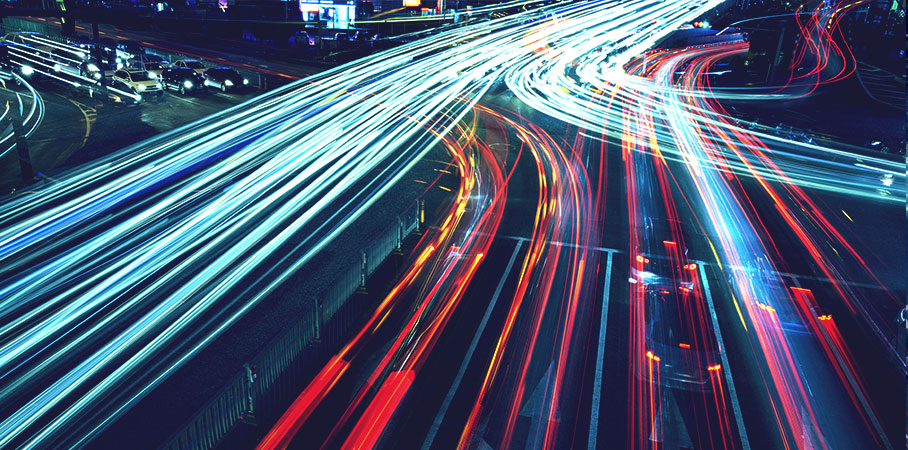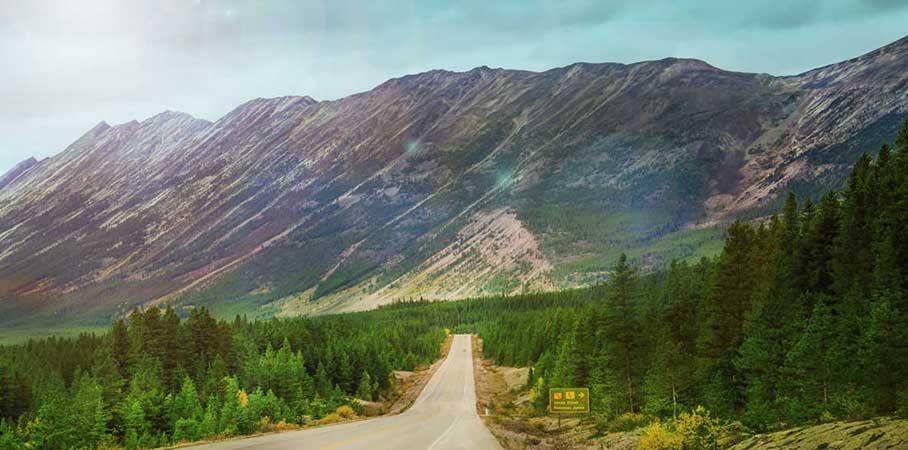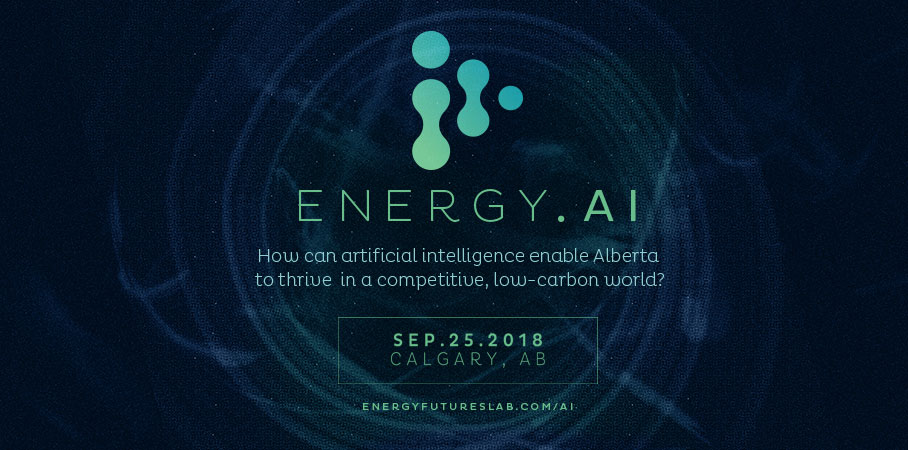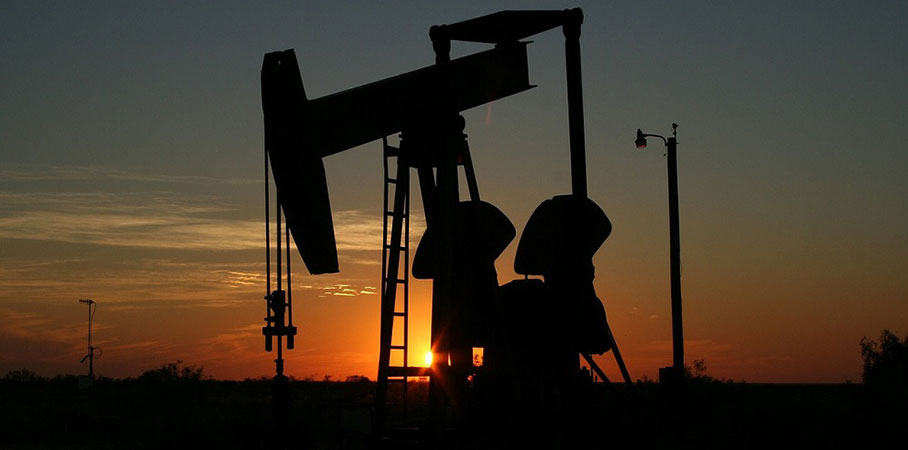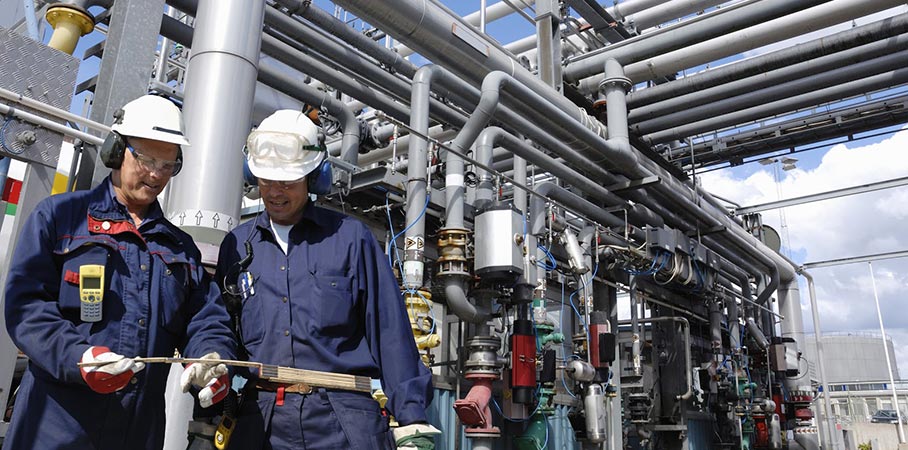
On Tuesday this week, I was interviewed by host Laura Lynch on CBC Radio One’s Vancouver morning show, the Early Edition, for a segment about Alberta. The experience of the interview has me thinking a lot about the challenges we need to overcome in Canada to address energy and climate issues together.



